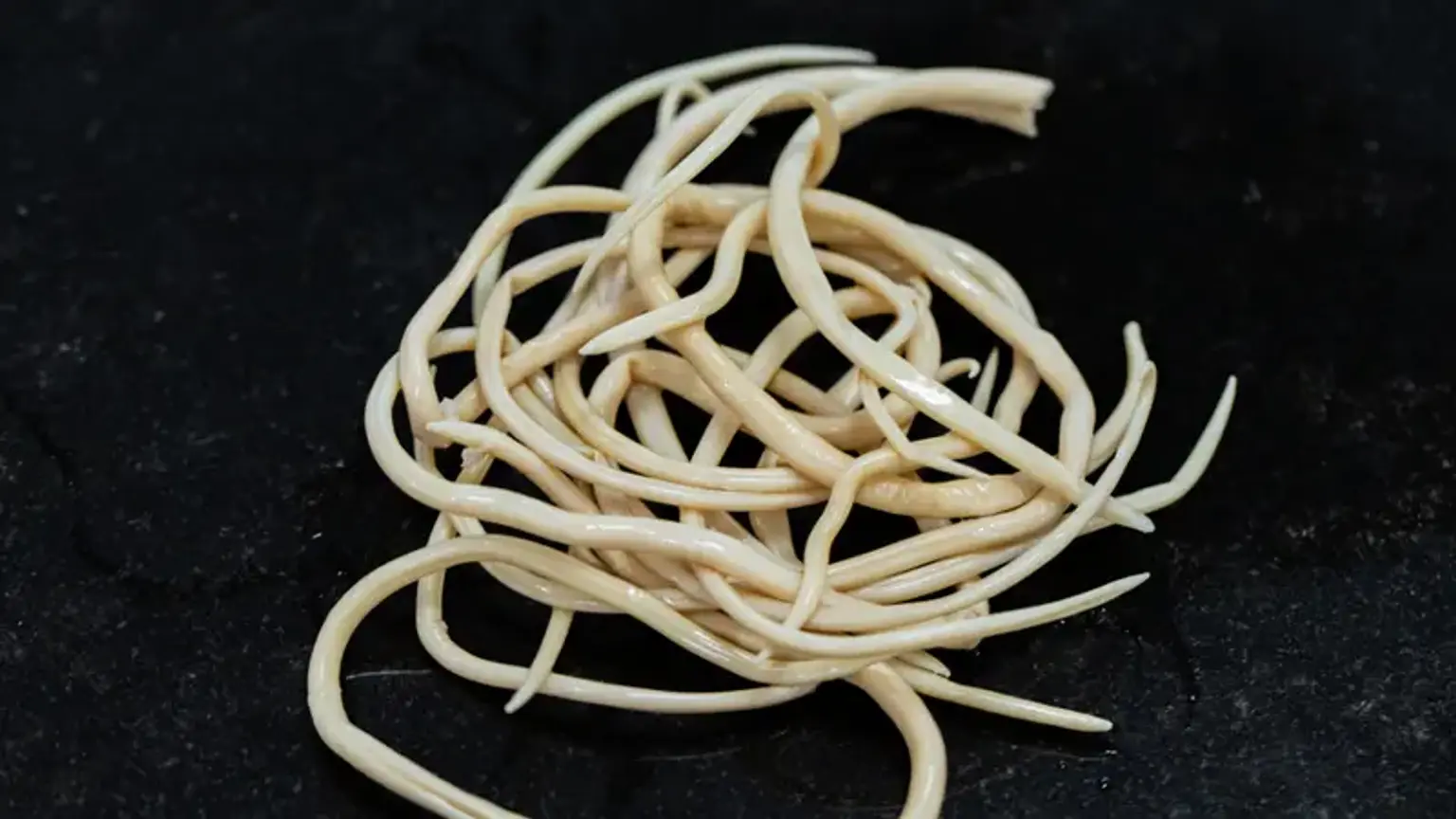Introduction
Understanding Ascariasis
Ascariasis is one of the most common intestinal parasitic infections worldwide, caused by the roundworm Ascaris lumbricoides. These parasitic worms can grow up to 30 cm long and live in the intestines, feeding on nutrients consumed by their host. While ascariasis is prevalent in tropical and subtropical regions, it remains a significant public health concern in certain parts of Korea, particularly in rural areas where sanitation practices may be less robust.
Infections primarily occur through ingestion of soil or food contaminated with Ascaris eggs, often linked to poor hygiene practices and environmental sanitation. While ascariasis is frequently asymptomatic in its early stages, untreated infections can lead to severe complications, such as intestinal blockages and respiratory distress.
Why Focus on Safety?
The risks associated with ascariasis are not limited to its physical health impacts. Misdiagnosis or unsafe treatment methods can exacerbate the problem, leading to unnecessary complications. For this reason, recognizing, preventing, and treating ascariasis in a safe and effective manner is critical. In Korea, access to advanced medical facilities and public health measures has improved the diagnosis and management of parasitic diseases, offering a model for safe practices.
This article explores practical steps to identify the symptoms of ascariasis, prevent infection, and seek effective treatments while ensuring patient safety.
Recognizing Ascariasis
Ascariasis, a parasitic infection caused by Ascaris lumbricoides, is one of the most common intestinal worm infections globally. Recognizing this condition early can prevent complications that may severely impact health, especially in vulnerable populations like children. This section delves into the signs, risk factors, and diagnostic methods that can aid in timely recognition and management.
